Input data & handling large spreadsheetsTricks to get your work done fasterAutomating data analysis (Excel VLOOKUP, IF Function, ROUND and more)Transforming messy data into shapeCleaning, Processing and Organizing large dataSpreadsheet design principlesDrop-down lists in Excel and adding data validation to the cells.Creating Charts & Interactive reports with Excel Pivot Tables, PivotCharts, Slicers and TimelinesFunctions like: - COUNTIFS, COUNT, SUMIFS, AVERAGE and many more.Excel features: - Sort, Filter, Search & Replace Go to Special etc...Importing and Transforming data (with Power Query)Customize the Microsoft Excel interfaceFormatting correctly for professional reports.Commenting on cells.Automate data entry with Autofill and Flash-fill.Writing Excel formulas & referencing to other workbooks / worksheets.Printing optionsCharts beyond column and bar charts: - Pareto chart, Histogram, Treemap, Sunburstcharts & more 





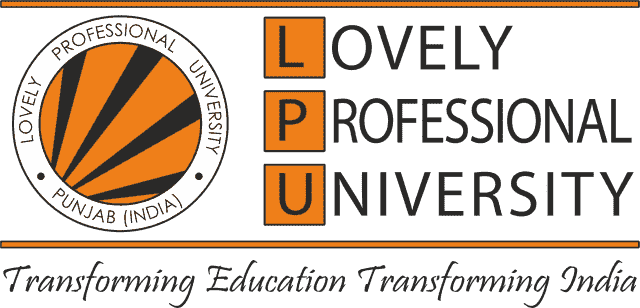










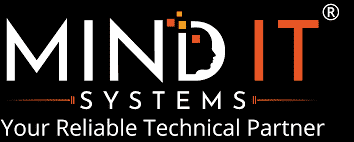




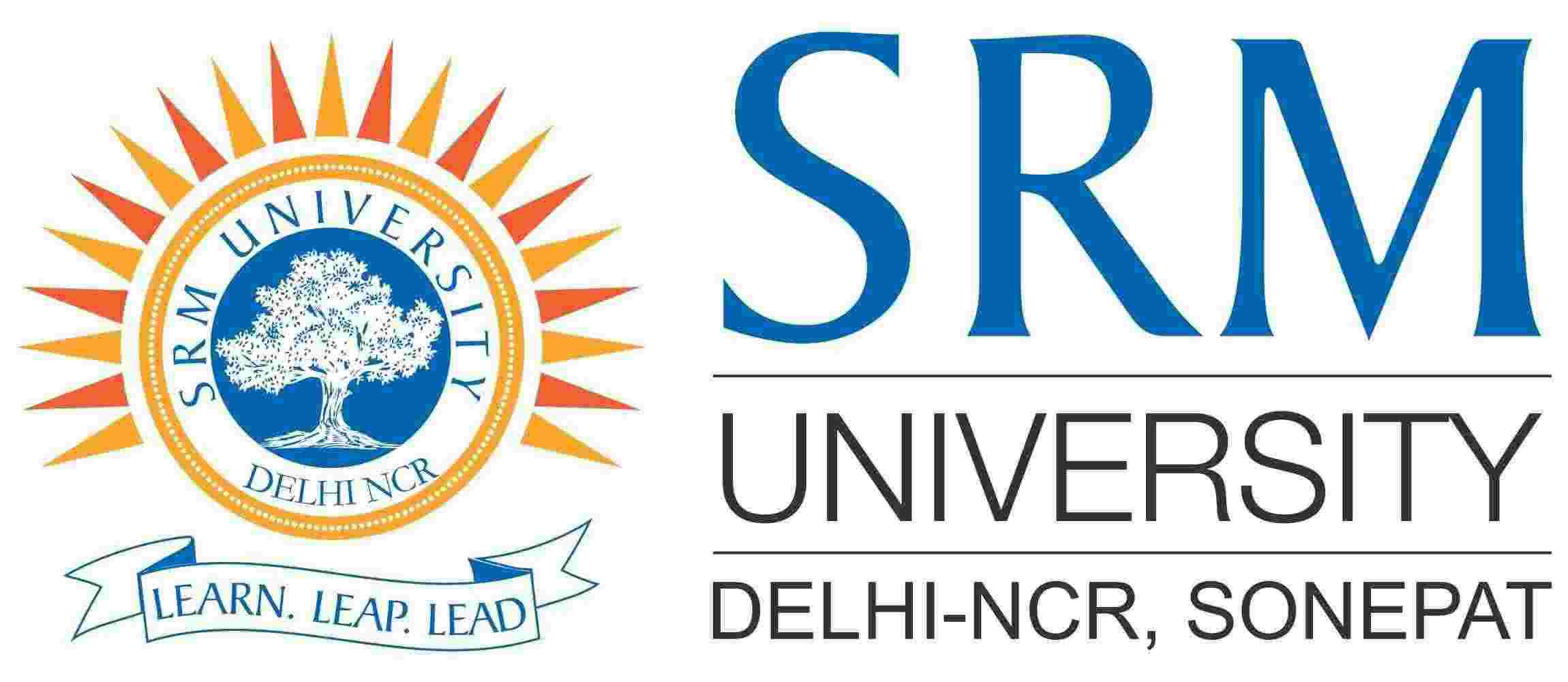



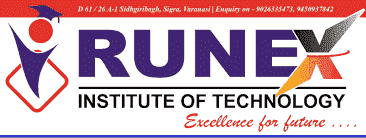


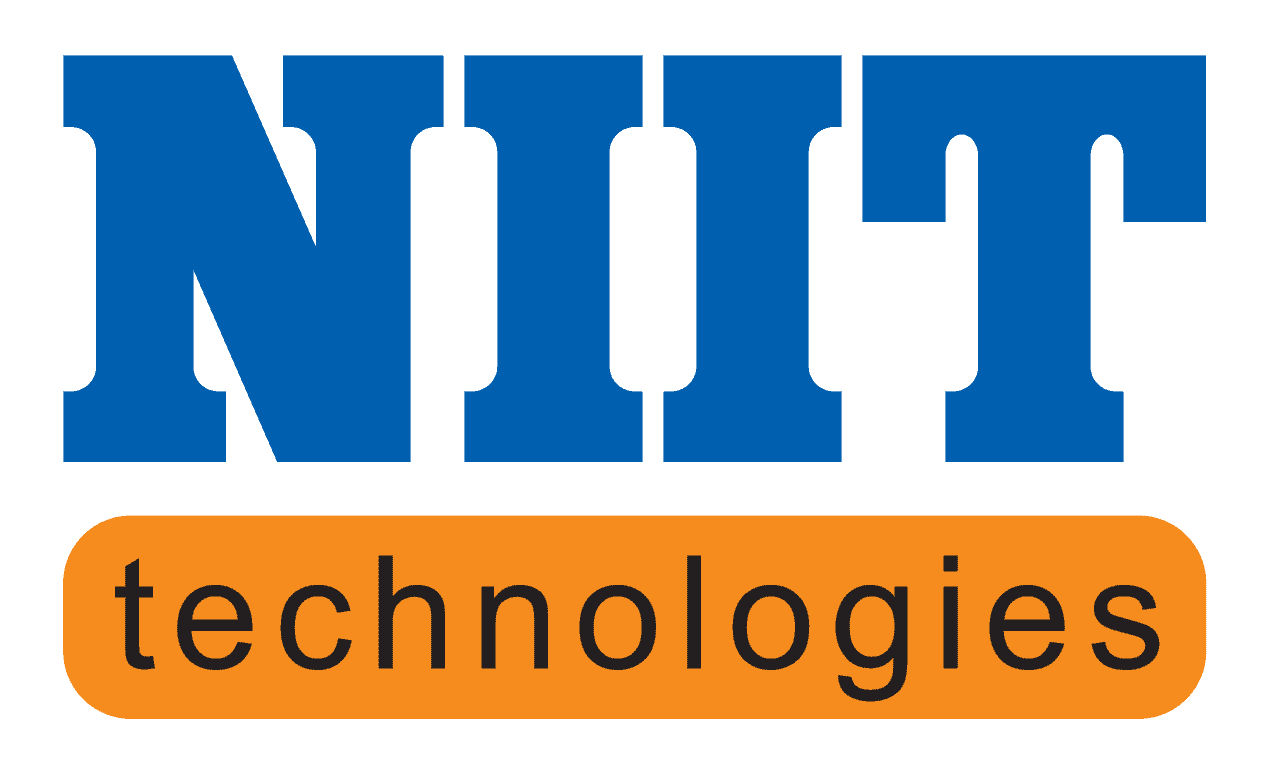




.png)


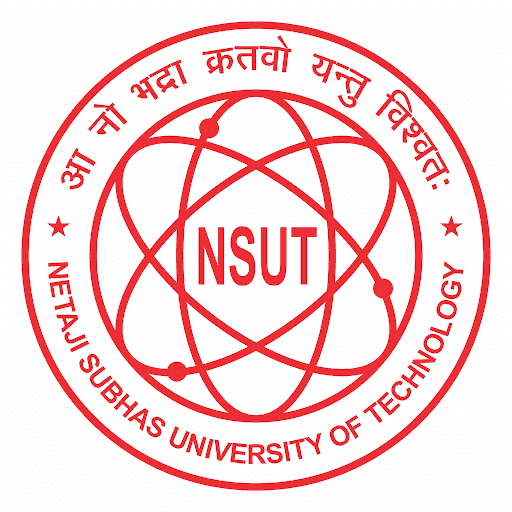
.png)












.png)
.png)

 Excel
Excel Tableau
Tableau Power-Bi
Power-Bi ggplot
ggplot Jupyter
Jupyter Numpy
Numpy Python
Python Pandas
Pandas Seaborn
Seaborn Looker
Looker Matplotlib
Matplotlib PyCharm
PyCharm Google Colab
Google Colab Anaconda
Anaconda NLTK
NLTK Scikit-learn
Scikit-learn SQL
SQL MySql
MySql PostgreSQL
PostgreSQL ML
ML Deep Learning
Deep Learning NLP
NLP













 Classroom Training
Classroom Training Live - Projects Work
Live - Projects Work Placement
Placement Internship
Internship

